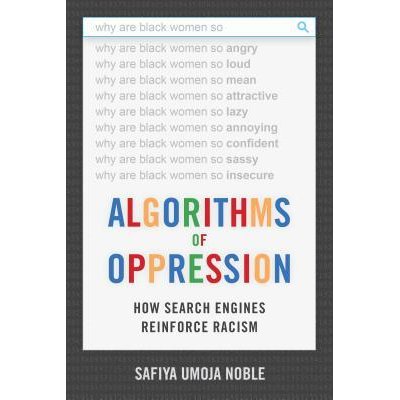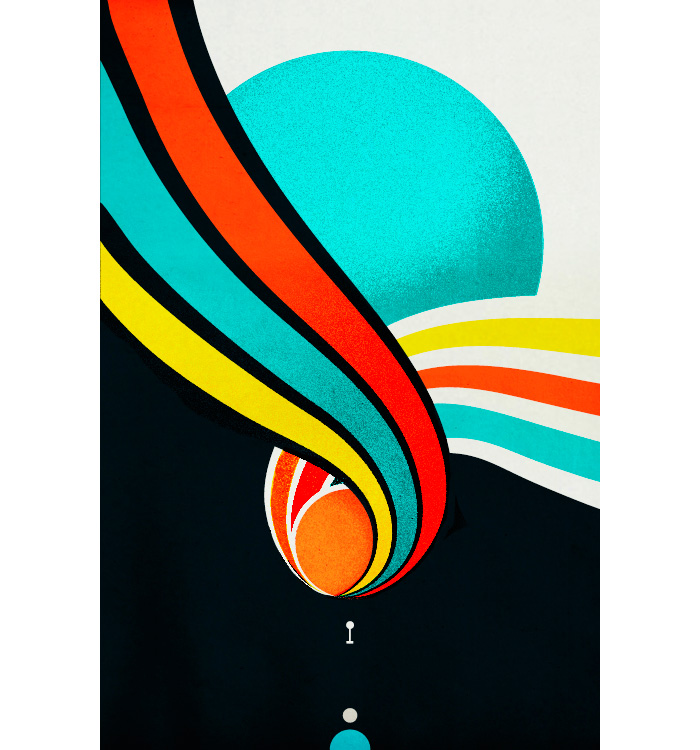May 29, 2018 - Comments Off on Tour of William Andrews Clark Memorial Library
April 23, 2018 - Comments Off on Tour of Payson Library at Pepperdine University
Tour of Payson Library at Pepperdine University
May 8, 3 pm

Image courtesy of Pepperdine Libraries
Join us for a tour of the newly renovated Payson Library at Pepperdine University in beautiful Malibu on Tuesday, May 8 at 3 pm. Please RSVP here.
Payson Library at Pepperdine University reopened last fall after a 15-month, $22.4 million renovation. Influenced by Spanish Revival architecture, the new building design honors tradition while addressing 21st-century needs for digital integration and flexibility to accommodate diverse learning styles. The new additions range from a high-tech makerspace to expanded study areas that seamlessly integrate traditional setups with more informal seating configurations. Responding to environmental concerns, motion-sensor LED lighting reduces power usage, as does a NEH grant-funded sustainable preservation and storage system for Special Collections and Archives.
The service goals of openness and accessibility also provided key inspiration for the design. "The abundant use of glass throughout the building helps showcase the Malibu coastline," says Dean of Libraries Mark Roosa, "as well as the intellectual work that takes place in spaces such as the Digital Learning Lab and archival processing areas." Since reopening, Payson Library has nearly doubled its daily gate count and now draws over 3,000 people a day.
October 10, 2018 - Comments Off on Call for Pitches — Acid Free, Issue 9: Movement
Call for Pitches — Acid Free, Issue 9: Movement
MOVEMENT
Acid Free, the online quarterly magazine of the Los Angeles Archivists Collective, is welcoming contributions for its upcoming issue. Acid Free seeks to be a smart, complicated, non-academic forum for a variety of voices and issues in our field, to ground archivists locally and regionally while also keeping an eye toward larger conversations and landscapes.
The theme of our December 2018 issue will be MOVEMENT, which can be broadly interpreted through an archival lens. Possible topics may include: career progression; moving images; digital file transfers; social justice movements; sports; or other takes on the theme.
Articles can highlight documents, collections, or exhibitions; explore local landmarks; or address theme-related subjects and issues in the profession.
Pitch us your idea by telling us in a few sentences what your article is about and how it relates to MOVEMENT and archives. Please keep in mind our submission guidelines* and check out current and past issues of Acid Free for examples.
Pitches will be accepted through Friday, October 26th at: acidfree@laacollective.org.
Thanks from the Acid Free team.
*Articles can be any length, but we recommend keeping 1,000-2,000 words with captioned images in .jpg format.
March 20, 2018 - Comments Off on Call for Pitches – Acid Free issue 7
Call for Pitches – Acid Free issue 7
S P A C E

copyright Ryan Capogreco for alternativemovieposters.com
Acid Free, the online quarterly magazine of the Los Angeles Archivists Collective, is welcoming contributions for its upcoming issue. Acid Free seeks to be a smart, complicated, non-academic forum for a variety of voices and issues in our field, to ground archivists locally and regionally while also keeping an eye toward larger conversations and landscapes.
The theme of our May 2018 issue will be SPACE, which can be broadly interpreted through an archival lens: this could encompass science and technology, Sci-Fi, physical or virtual spaces of all kinds, or other takes on the theme. Articles can highlight documents, collections, or exhibitions; explore local landmarks; or address theme-related subjects and issues.
Pitch us your idea by telling us in a few sentences what your article is about and how it relates to SPACE and archives. Please keep in mind our submission guidelines* and check out current and past issues of Acid Free for examples.
Pitches will be accepted through April 2nd at: acidfree@laacollective.org. We’ll review them and get back to you by April 9th.
Thanks from the Acid Free team.
*Articles can be any length, but we recommend keeping it under 3,000 words, and can be illustrated with captioned images in .jpg format.
March 9, 2018 - Comments Off on LAAC Book Club No. 16
LAAC Book Club No. 16
April 18, 6:30-8 pm
Join us for our sixteenth reading and meeting of the LAAC Book Club--where LA-area archivists and friends read and discuss publications exploring all matters archives.
The group will meet on Wednesday, April 18, 2018, from 6:30-8 pm at Alcove Cafe (1929 Hillhurst Ave, Los Angeles 90027). Participants to the Book Club will be capped at 12. Please email hello@laacollective.org to reserve a spot.
We will be reading the book, Algorithms of Oppression by Safiya Umoja Noble.

From NYU Press: In Algorithms of Oppression, Noble challenges the idea that search engines like Google offer an equal playing field for all forms of ideas, identities, and activities. Data discrimination is a real social problem; Noble argues that the combination of private interests in promoting certain sites, along with the monopoly status of a relatively small number of Internet search engines, leads to a biased set of search algorithms that privilege whiteness and discriminate against people of color, specifically women of color.
Let us know if you can’t get a copy of the book, we can help get you one.
Can’t make the meeting, but are still reading the articles? Let us know!
Sign-up to be a member of LAAC
Site by Grace Danico





